Institutional Speakers
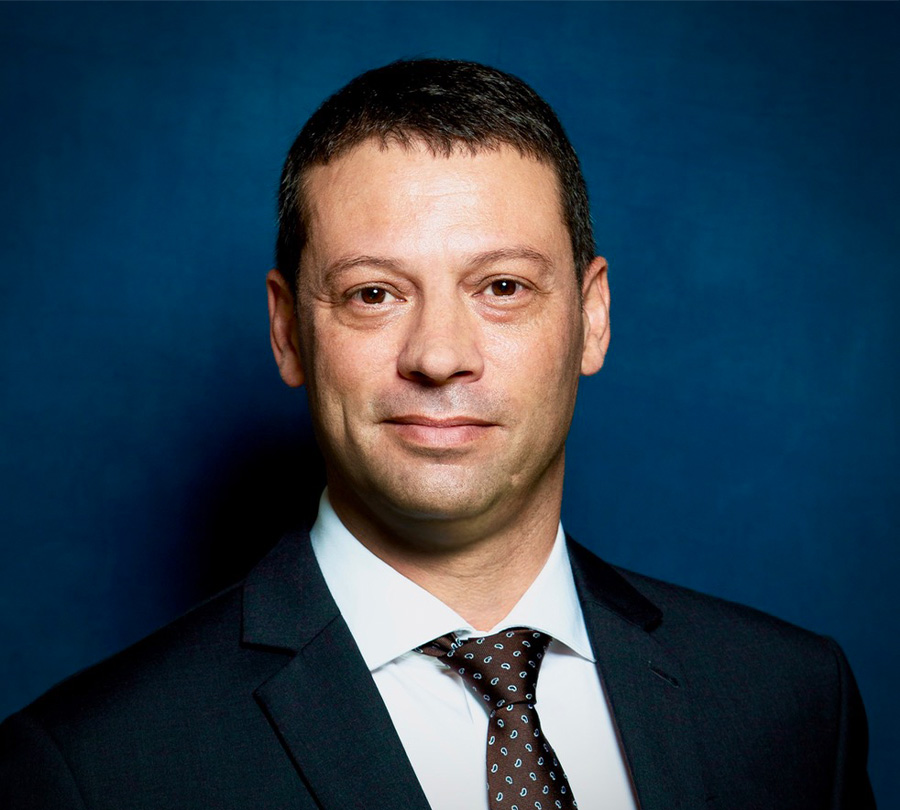
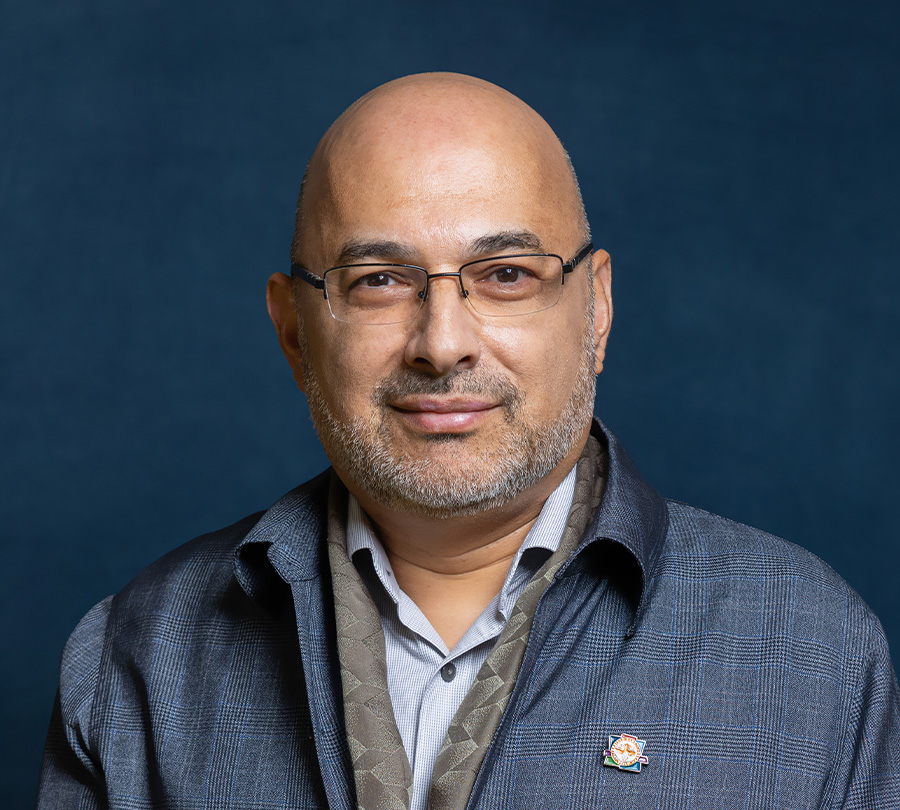
Adérito Fernandes-Marcos
Dean of the Doctoral School,
University of Saint Joseph Macao (USJ),
Macao S.A.R, China
View Bio >
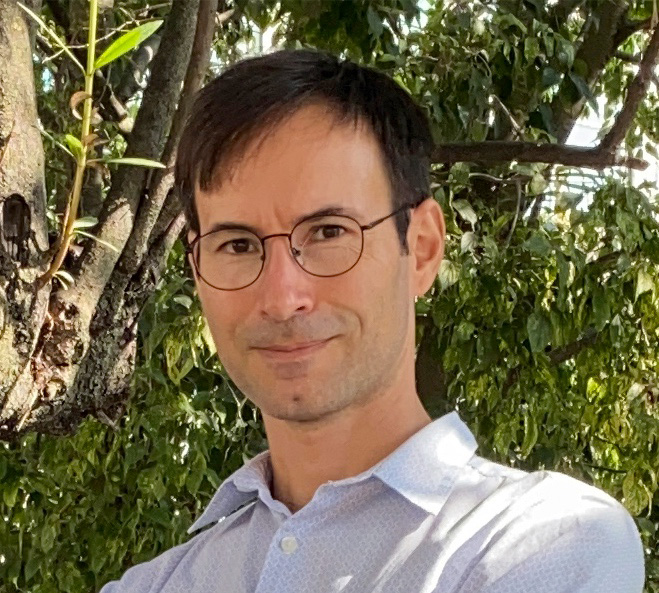
António Carvalho Maneira
Assistant Professor of the Doctoral School,
University of Saint Joseph Macao (USJ),
Macao S.A.R, China
Speakers

Priscilla Roberts
Associate Professor, Head of the Department of History and Heritage, Faculty of Arts and Humanities,
University of Saint Joseph Macao (USJ),
Macao S.A.R, China
View Bio >
Modern Higher Education in Macau: Why Autobiographical and Biographical Narratives Add Value
Abstract:
In late summer 2020, when much of the world was locked down due to Covid-19, the author was asked to help prepare some kind of exhibit to mark the fortieth anniversary of City University of Macau. This institution is one of the three universities in Macau (the others being the University of Macao and Polytechnic University of Macao) that trace their origins back to the University of East Asia, a private university established in 1981 that was the first modern university to operate in Macau. CityU mounted a large poster exhibit in March 2021, followed one year later by a public lecture on the early years of the university. At this point, accessing archival sources for these undertakings was something of a challenge: material in the Macao Archives is sparse, though some limited material was available from official records in Hong Kong, Britain, and Australia.
To compensate for this shortfall, the author turned to a range of biographical and autobiographical records. The online memoir of a visiting Australian academic, David Smiley, who taught two semesters at UEA, in 1985 and again in 1987, offered numerous insights into the experience of teaching at the university and the interactions of the various teachers. Following up these leads through e-mail correspondence and a one-day workshop at which several former teachers and students spoke provided further personal memories of the time, which gave additional life to the facts and figures presented in Bernard Mellor’s history of the first six years of UEA and the 2000-2001 official report commissioned by the post-transition Macau government. Contemporary newspaper articles and interviews featuring individual teachers from the university were an important source. So too were published articles and memoirs by individuals from these years, including the early Rectors and other prominent academics, the original Founders, students, and other significant figures. From late 2022 onward, in Macau, Hong Kong, Portugal, and the United States, several additional caches of valuable archival sources were located or became more accessible, and these greatly enhanced in-depth understanding of the intricacies of pre-transition Macau higher education. Even so, the individual recollections and accounts of those involved continue to capture aspects of the past which would otherwise be lost or forgotten.
Keywords: Macau higher education; individual accounts; official versus non-official records.
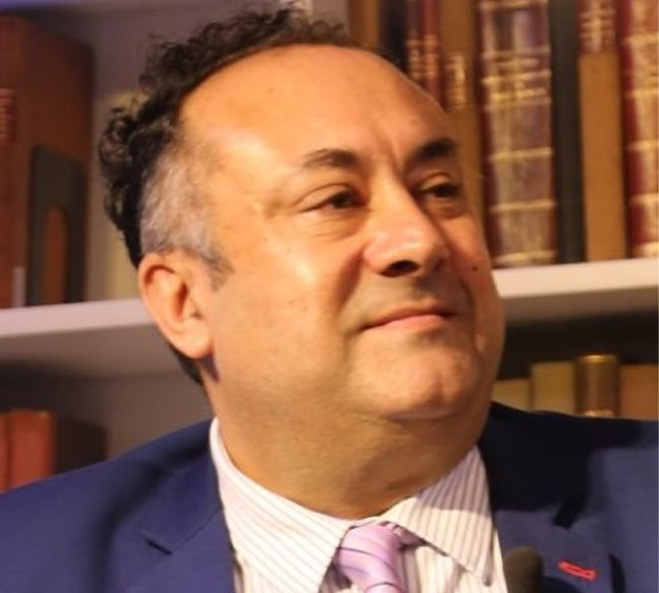
José Manuel Simões
Associate Professor and Programme Coordinator for the Master of Communication and Media, Faculty of Arts and Humanities,
University of Saint Joseph Macao (USJ),
Macao S.A.R, China
View Bio >
Biographical Narratives and Alter Egos: A Unique Case that Resonates with Us All
Abstract:
José Manuel Simões has authored four biographies of musicians and four novels in which the central characters are intricately woven with the author’s personality. Where does one end and the other begin? What points of connection, convergence, or tension exist between these characters and the lives and works of those who created them?
In this lecture, Simões will explore the literary strategies he employs to breathe life into his works of fiction. He demonstrates how he uses the “seven senses” to vividly depict actions and events grounded in real or imagined facts. How do these stories and histories serve to foster cultural identities? What techniques can captivate the reader and animate these alter egos—the alternate selves often thought to differ from one’s “true” personality?
To uncover one’s alter ego requires discovering another self, one marked by a different personality. How can these altered states of the ego be understood as transformations? This and other questions related to biographical and autobiographical narratives will be discussed, exploring how stories intertwine with personal experiences, perceptions, and identities. The author and their audience recognise themselves in the pluralities and complexities of life trajectories.
Writing, at its core, is a reflection of the self. It reshapes the boundaries between what is known and unknown. Each moment of our lives—our relationships, experiences, and encounters—redefines who we are. Through writing, we understand our origins, our present, and our future better. We are energy and light, mystery and depth, certainty and ignorance. Writing allows us to transcend the present moment, to look beyond what we desire, and serves as an often mysterious inner voice that guides us through ideas, sensations, and potential paths. Writing becomes the most effective form of therapy, helping us better understand ourselves and the world around us.
Keywords: Biographical Narratives, Alter Egos, Connection, Convergence, Literary Strategies.
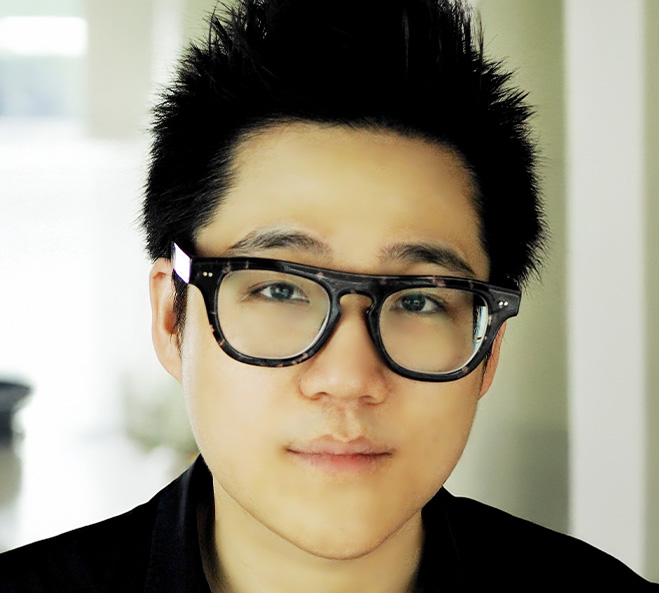
Martsamrit Pasupa
Lecturer in the Media Arts Program,
King Mongkut’s University of Technology Thonburi,
Bangkok, Thailand
View Bio >
From Sound to Story: Narratives of Culture and Memory Through Sonic and Visual Art
Abstract:
This presentation explores how soundscape-based artistic practice can serve as a method for cultural reflection and narrative construction. It draws from Thai everyday life, such as the sonic textures of cooking, street kitchens, and domestic spaces, and frames sound as both a sensory archive and a narrative medium.
These sonic environments are transformed into immersive audiovisual experiences using techniques like field recording, electroacoustic composition, and the slow layering of visual elements. The approach centers on hearing as a way of knowing, where memory is evoked and identity is expressed through rhythm, spatial awareness, and ambient tone.
As a practice-led project, it investigates how sound can communicate meaning beyond words. Each piece is not only a creative release but also an inquiry method grounded in personal experience and understanding. Together, the works offer new perspectives on place, identity, and cultural connection while contributing to conversations in media art, sound studies, and personal narrative.
Keywords: soundscape, sonic storytelling, cultural identity, media art, practice-based research.

Trinh Thuy Anh
Vice-Rector, College of Technology & Design,
University of Economics Ho Chi Minh City (UEH),
Ho Chi Minh City, Vietnam
View Bio >
Digital storytelling, culture and heritage preservation and promotion in Vietnam
Abstract:
In the era of rapid globalization and technological advancement, the preservation and promotion of cultural heritage have become increasingly reliant on digital tools and platforms. This research explores the role of digital storytelling in safeguarding and revitalizing Vietnam’s rich cultural heritage. Through a multidisciplinary approach combining cultural studies, media analysis, and community engagement, the study examines how digital narratives—incorporating text, audio, video, and interactive media—are used to document, transmit, and promote traditional Vietnamese customs, folklore, festivals, crafts, and oral histories.
The research highlights key initiatives undertaken by local communities, governmental organizations, and independent creators in utilizing digital storytelling for cultural preservation. Case studies include virtual museums, YouTube storytelling channels, social media campaigns, and mobile apps that engage both domestic and international audiences. The paper also discusses the challenges of authenticity, representation, and sustainability in the digital reinterpretation of heritage, particularly in the context of younger generations’ changing media consumption habits.
Importantly, the study reflects on how digital storytelling not only preserves endangered traditions but also fosters cultural pride and identity among Vietnamese people, especially in diasporic communities. By making culture more accessible and engaging, digital storytelling has the potential to transform passive heritage consumption into interactive, meaningful cultural experiences. This research ultimately underscores the importance of embracing digital innovation as a vital strategy in the long-term preservation and global promotion of Vietnam’s diverse cultural heritage.
Keywords: digital storytelling, cultural heritage, Vietnam, preservation, cultural promotion, media technology.
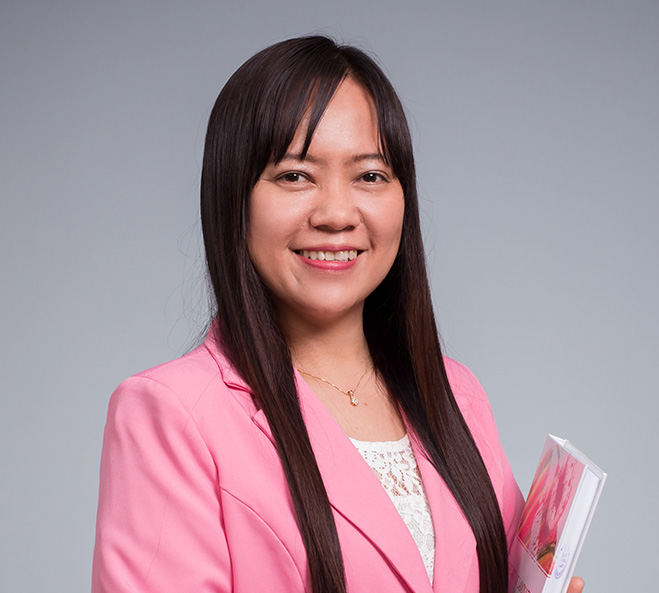
Rachel Luna Peralta
Lecturer,
Macau University of Tourism,
Macao S.A.R, China
Navigating the Labyrinth: Lessons from My Heroic PhD Odyssey
Abstract:
Embarking on a PhD journey is like traversing a complicated labyrinth, full of unexpected obstacles, essential lessons, and transformational experiences. In this presentation, I will share my personal journey through the complexities of PhD studies, as viewed through the lens of The Hero’s Journey. From the first call to adventure, and meeting mentors to the obstacles encountered and allies met along the road, I will delve into the pivotal experiences that influenced my journey.
As I narrate my experiences with self-doubt, intense research demands, and the relentless pursuit of knowledge, I will emphasize the metaphorical “dragons” encountered along the way—significant difficulties that challenged my determination and perseverance. Each challenge became a significant learning opportunity, helping me to emerge stronger and better prepared for continuing my career in academia.
Through storytelling and reflection, this presentation aims to inspire fellow scholars by sharing insights into personal growth, the importance of mentorship, and strategies for overcoming adversity. Attendees will leave with a renewed sense of purpose and practical lessons to apply to their own academic paths, reminding us all that, while the labyrinth may seem intimidating, it is also a place for discovery, transformation, and tenacity.
Keywords: PhD journey, hero’s journey, academic adventure, research trials, scholar experience, advancement in academia.

